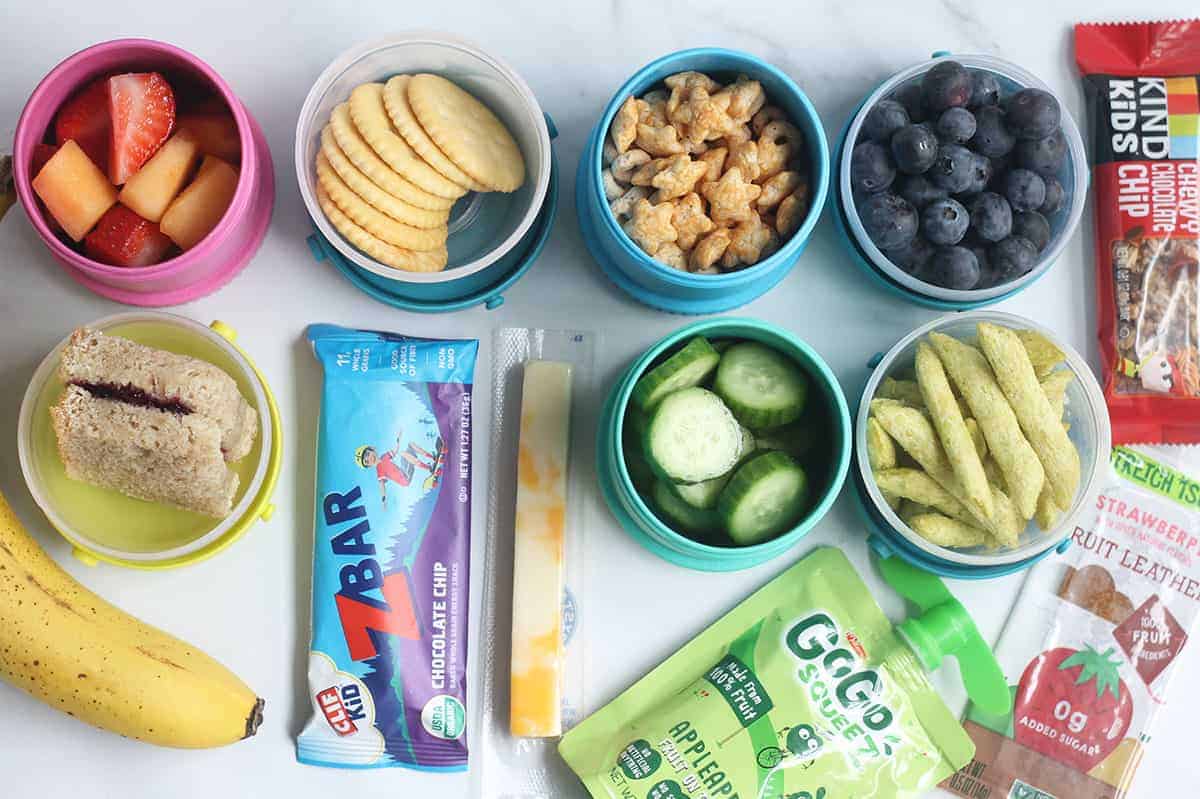In today’s fast-paced world, ensuring children have access to nutritious snacks is more crucial than ever. Snacks play a vital role in filling nutritional gaps, providing energy, and supporting growth and development. However, many packaged snacks are laden with added sugars, unhealthy fats, and artificial ingredients, making it essential for parents to make informed choices. Opting for snacks that combine protein, fiber, and healthy fats can help keep children satisfied and energized throughout the day. Examples include Greek yogurt with berries, apple slices with peanut butter, or whole-grain crackers with cheese.
Selecting the right snacks involves more than just picking what’s convenient. Reading nutrition labels is a key step in identifying healthier options. Look for snacks with minimal added sugars, low saturated fats, and a short list of recognizable ingredients. Incorporating whole foods like fruits, vegetables, nuts, and whole grains can significantly enhance the nutritional quality of snacks. For instance, pairing carrot sticks with hummus or offering a small bowl of mixed nuts can provide essential nutrients without unnecessary additives.
It’s beneficial to consult resources from registered dietitians and health professionals. These experts emphasize the importance of balanced snacking and offer practical tips for parents. By prioritizing whole, minimally processed foods and being mindful of portion sizes, parents can foster healthy eating habits in their children. Ultimately, making informed snack choices contributes to better health outcomes and sets the foundation for lifelong nutritious eating patterns.






